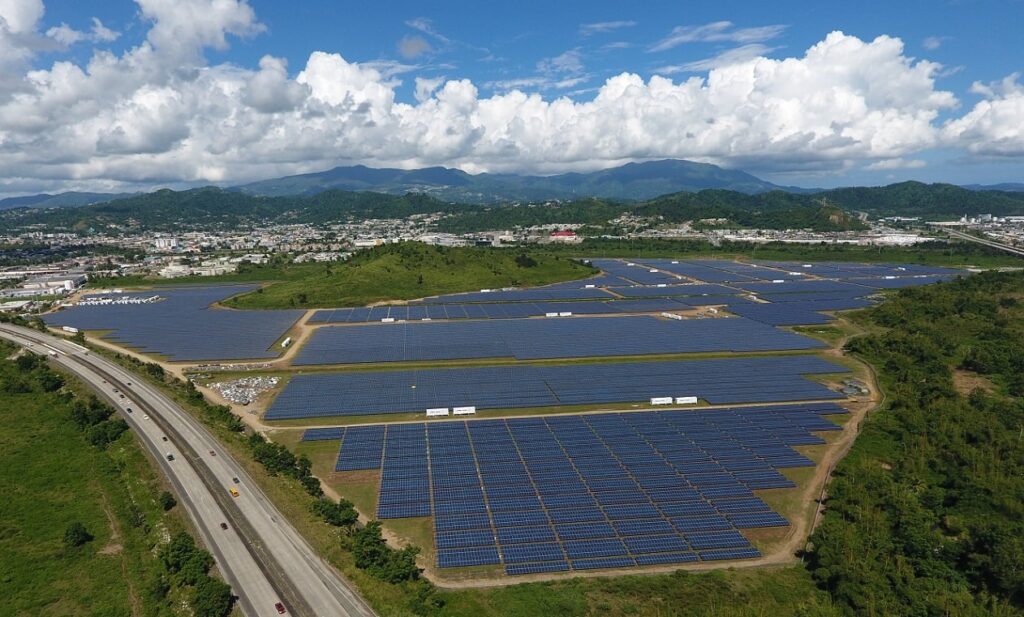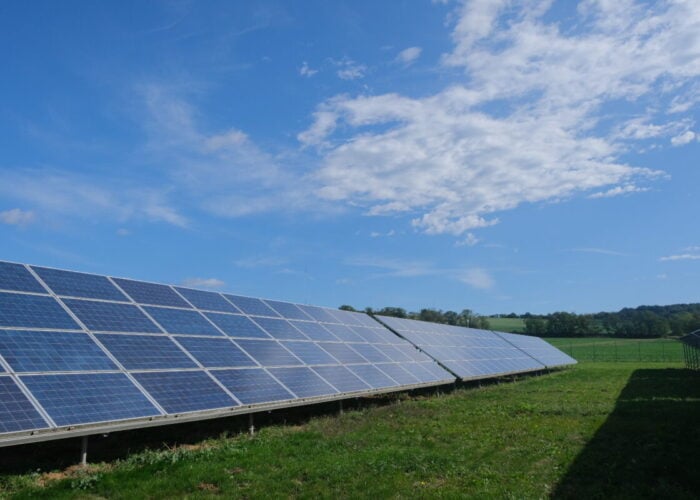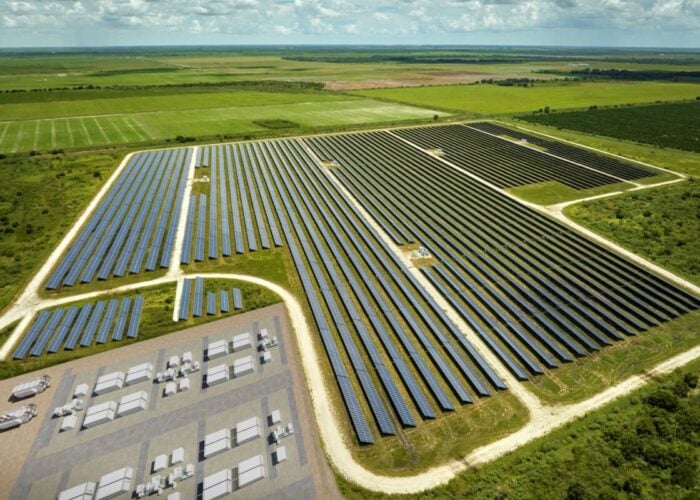
Power purchase agreement (PPA) analyst LevelTen energy has published its latest report into renewable energy PPA prices, noting that while the average PPA price has steadily increased in the US, such prices have fallen considerably in Europe.
The solar sector saw a sharp decline, with the average price of a solar PPA signed in the second quarter of 2024 falling by 27% from the previous quarter, reaching an average price of €62.83/MWh (US$68.35/MWh). Since exceeding an average price of €70/MWh (US$76.15/MWh) in the second half of 2022, this is the second consecutive quarter than European solar PPA prices have fallen below this figure.
Unlock unlimited access for 12 whole months of distinctive global analysis
Photovoltaics International is now included.
- Regular insight and analysis of the industry’s biggest developments
- In-depth interviews with the industry’s leading figures
- Unlimited digital access to the PV Tech Power journal catalogue
- Unlimited digital access to the Photovoltaics International journal catalogue
- Access to more than 1,000 technical papers
- Discounts on Solar Media’s portfolio of events, in-person and virtual
The European wind sector has also endured what LevelTen analysts called “a trying few years,” with the average price of a wind PPA signed in Europe falling by 29% quarter-on-quarter. The company notes that much of these falling prices stems from broader political uncertainty in Europe, with a number of elections held across the continent disrupting and introducing uncertainty to a number of markets.
“The EU Parliamentary elections in June saw the legislative body shift to the right,” wrote the company in its latest report. “This change, and the new coalitions that are likely to form as a result, may inhibit the passage of new EU climate proposals in the coming years. However, it is unlikely that important initiatives, like the Green Deal, will be in the crosshairs.
“This rightward shift in political power is also manifesting in national-level European political arenas, with a rise in right-wing politics posing threats to renewable energy policy in countries like France.”
Last week, France awarded just 180MW of new rooftop solar capacity in its latest tender, half the capacity offered in the previous auction, and raising questions about the future of solar in the country. Similarly, a ban on new agrivoltaics (agriPV) projects in Italy – which Ginevra Biadico, managing counsel at international law firm Dentons, told PV Tech Premium was “illogical” – has undermined new solar installations in southern Europe.
Stable growth in North America
In North America, meanwhile, average PPA prices continued to rise. In the first quarter of the year, such prices demonstrated “increased stability,” and the average price of a solar PPA in the region reached US$53.68/MWh. Such prices have been between US$50-60/MWh for four consecutive quarters now, and suggests that the lack of electoral change thus far in the US, which has not yet held its presidential election this year, has contributed to sustained stability in PPA prices.
Overall, renewable energy PPA prices remained much lower than their European counterparts, despite the collapse in European prices. In North America and Europe, the average price of a solar PPA reached US$53.68/MWh and US$68.35/MWh, respectively, while the average price of a wind PPA reached US$65.85/MWh and US$99.63/MWh.
The LevelTen report notes that investors and developers have embraced “innovative ways” to finalise deals, and keep PPA prices relatively stable, despite market pressures in the US, such as growing uncertainty over the ability of a number of foreign manufacturers to comply with the anti-dumping and countervailing duty (AD/CVD) legislation. These methods include tying aspects of PPA price to variable metrics, such as tariffs or interest rates, allowing the value of the PPA to shift in line with macro-economic conditions.
“More recently, this has been embodied by an uptick in the use of contractual elements that address an array of development risks, specifically through the employment of conditions precedent (CPs) and indexation in PPA contracts,” explain the LevelTen analysts. “CPs provide developers with contractual ‘offramps’ should unlikely but untenably adverse events occur during the development journey.”







